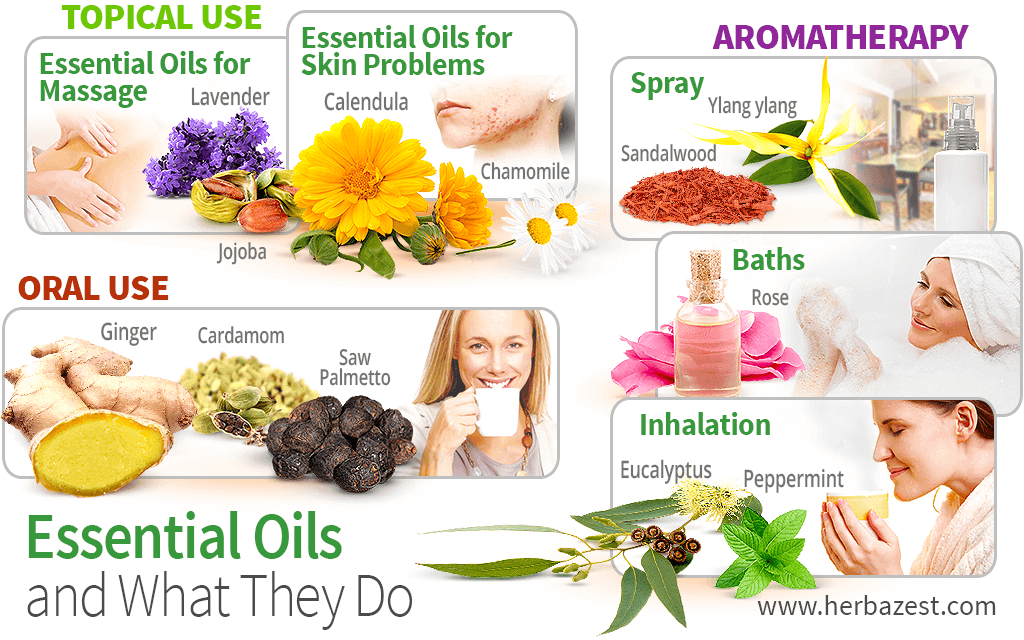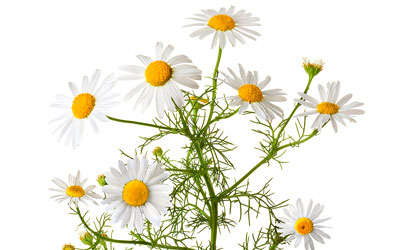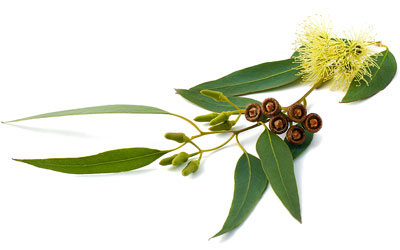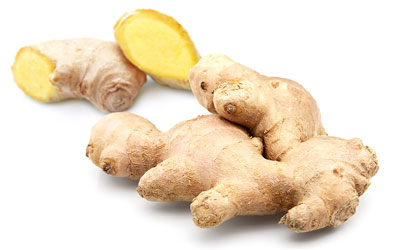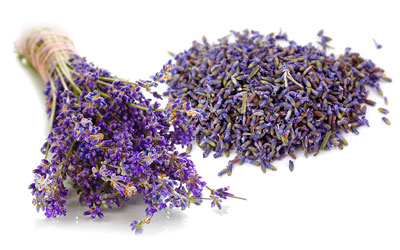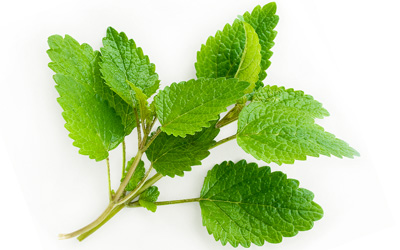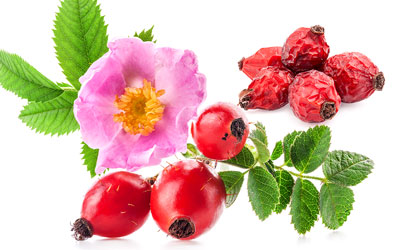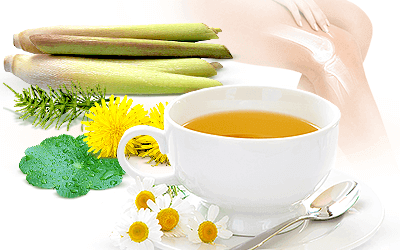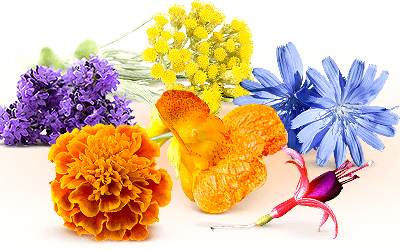Essential oils, the fluids extracted from certain plants (including leaves, flowers, bark, or others) are one of the most concentrated forms where the plant's aroma and volatile compounds can be found.
These oils are often used for the manufacture of perfume, fragrances, lotions, creams, and other cosmetic products, thanks to their intense scent. However, essential oils also have a myriad medicinal uses and applications in health, even if these are almost universally lost during the manufacture process of most commercial cosmetic products.
Although essential oils may appear pricey at first sight, their medicinal applications only require one or two drops at a time, and they may be stored for up to 10 years. This makes them well worth the upfront cost.
When used in their pure form, essential oils can provide a valuable boost in mood and energy, as well as relieving many health conditions.
Topical Use
Herbs whose essential oils are commonly extracted for topical use are jojoba, lavender, calendula, and chamomile. These essential oils are usually diluted before being applied directly on the skin, mainly due to their high concentration - it can take several hundred pounds of a specific herb to produce one pound of essential oil. Jojoba oil is generally considered the best option because it most closely matches the human body's natural oils, allowing for maximum absorption.
Massage. Essential oils can provide profound added benefits when used as a massage oil. For example, mixing lavender essential oil and jojoba oil can relax the muscles deeply and more effectively than in a standard massage.
Skin problems. Red, itchy skin can be soothed by a blend of calendula, chamomile, and jojoba oils for relief. This can be done by adding one drop of each oil into two cups of hot water and simmering for 10 minutes. Once cooled, apply the mixture to the affected area with a cloth.
Aromatherapy
Widely popular, the use of aromatherapy oils provides amazing benefits. Inhaling the fragrance of plants such as ylang ylang, rose, eucalyptus, and peppermint offers an array of positive effects, from improving mood and promote muscle relaxation, to relieving allergies and respiratory illnesses.
Spray. Many people buy conventional "room-freshener" sprays to improve the scent of a room, although these may contain overly-strong or irritating chemicals. However, pure essential oils will provide a much more beneficial effect. Ylang ylang essential oil can uplift and freshen a space with one pump. For an earthier feel, try sandalwood. In addition to smelling great, they are antibacterial, so they may stop the overgrowth of environmental bacteria.
Baths. A good way to reap deeper benefits is through a scented bath. A couple of drops of rose essential oil in a tub full of warm water will fill the room with the scent and trigger tranquil and uplifted moods.
Inhalation. An effective and natural way to relieve the symptoms of a common cold is by inhaling the steam of eucalyptus or peppermint essential oils. In order to do this, boil two cups of water and then put it in a bowl with two the three drops of the chosen oil. Afterwards, cover your head with a towel - about a foot away from the bowl - and inhale and exhale the steam deeply for around 10 minutes.
For relaxation purposes, an essential oil diffuser will aromatize your bedroom or even your whole house.
Oral Use
Last but not least, essential oils can also be consumed orally. This practice, however, poses some difficulties, mainly regarding the safety of the dosage and the purity of the oil being used. Since essential oils are highly concentrated, it is important to start with the lowest possible dosages (not more than one or two drops diluted in warm water) and to only use the highest quality products, since many manufacturers of essential oils have been known to tamper with their product.
Nevertheless, the therapeutic benefits of orally-ingested essential oils should not be discarded, since many of the most important benefits of ginger, cardamom, or saw palmetto for example, can only be reaped by using them as essential oils.
The herbs mentioned above are only a few from the vast encyclopedia of medicinal herbs that exist. The best way to become familiar with herbs is to do your research online or buy specialized books. Always remember to take precautions and to dilute the oils. Using essential oils can be extremely rewarding and beneficial. You will be amazed by the positive shift it makes in your attitude and health. The more you know, the more you will enjoy this safe and effective method of herbal healing.
Sources
- Natural Product Communications, Aroma-therapeutic Effects of Massage Blended Essential Oils on Humans, 2011
- University of Minnesota, How Do I Choose and Use Essential Oils?
- Encyclopedia of Herbal Medicine
- Medicinal Herbs: A Beginner's Guide


